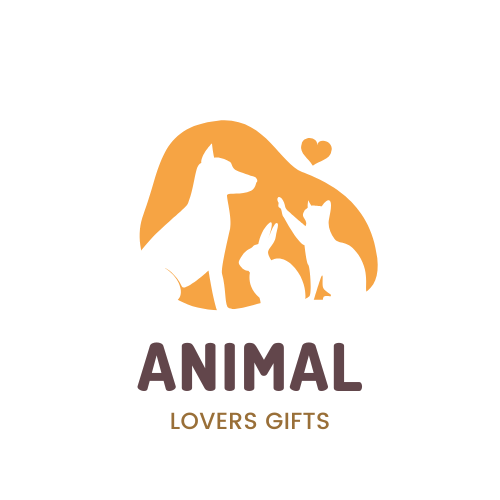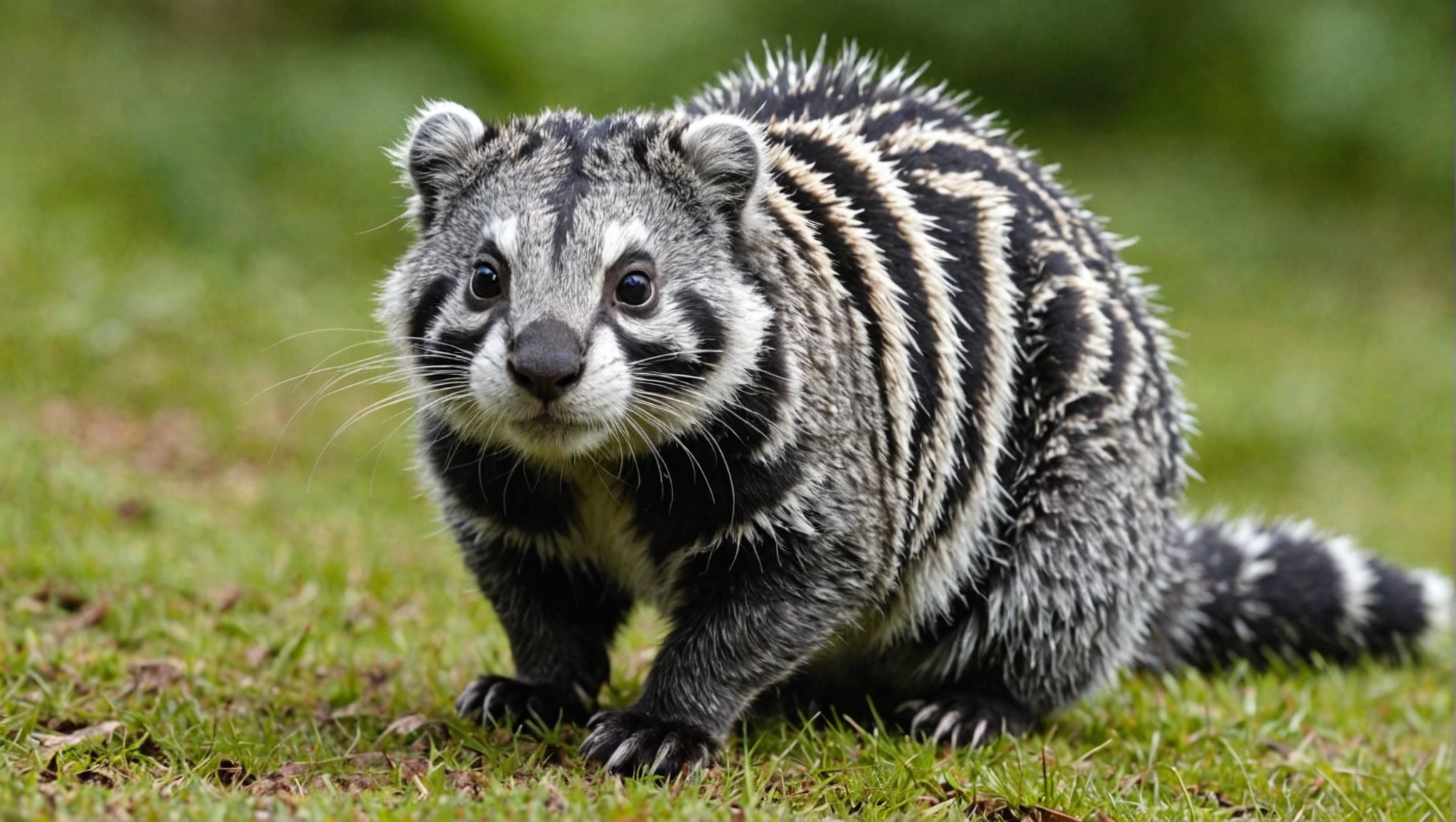Unpacking the Ethical Dilemmas of Exotic Pet Ownership in Britain
The Allure and the Danger of Exotic Pets
Exotic pet ownership has long been a topic of fascination and controversy. In Britain, as in many other countries, the allure of owning unusual and often wild animals as pets can be strong, but it comes with a myriad of ethical dilemmas. From the welfare of the animals themselves to the impact on native species and human safety, the issues are complex and multifaceted.
The Appeal of Exotic Pets
For some, owning an exotic pet is a status symbol or a way to stand out from the crowd. Social media platforms like TikTok and Instagram often showcase exotic pets in a glamorous light, with owners sharing videos and photos of their unusual companions. However, this online portrayal rarely reflects the harsh realities of caring for these animals.
Avez-vous vu cela : Top Effective Strategies for Protecting Hedgehogs in Your English Garden
- **Social Media Influence**: Platforms like TikTok and Instagram can create a false narrative about the ease and joy of owning exotic pets, often ignoring the welfare concerns and the significant resources required to care for these animals properly.
- **Status Symbol**: Owning an exotic pet can be seen as a luxury item, enhancing the owner's social status, but this comes at a cost to the animal's well-being.
- **Lack of Awareness**: Many potential owners are unaware of the specialized care, housing, and dietary needs of exotic animals, leading to neglect and suffering.
Animal Welfare Concerns
One of the most pressing ethical dilemmas is the welfare of the animals themselves. Exotic pets, particularly those that are wild-caught or sourced from questionable suppliers, often suffer from poor treatment and living conditions.
Cruel Treatment and Suffering
The treatment of exotic animals in the pet trade is often brutal. For example, reptiles and amphibians are frequently subjected to inhumane killing methods to obtain their skins or to prepare them for sale as pets.
Cela peut vous intéresser : Top Strategies to Minimize Your Dog”s Stress at the Vet: A Comprehensive Guide
- **Reptile Suffering**: Snakes are sometimes skinned alive, and lizards are decapitated without stunning, leading to prolonged and agonizing deaths.
- **Captive Breeding**: Even in captive breeding facilities, conditions can be dire, with animals kept in cramped and unsanitary environments.
- **Transportation Risks**: The process of transporting exotic animals from their natural habitats to pet stores or homes is fraught with risks, including stress, injury, and death.
Legal and Regulatory Challenges
The legal framework surrounding exotic pet ownership in Britain is complex and often inadequate. While there are laws in place, enforcement can be lax, and loopholes abound.
Licensing and Regulations
In the UK, certain exotic pets require a Dangerous Wild Animals licence, but this does not guarantee that the animals are treated humanely or that owners are equipped to provide the necessary care.
- **Licensing Requirements**: Owners of certain primate species, for example, need a Dangerous Wild Animals licence, but this does not cover all exotic pets, and compliance can be inconsistent.
- **Enforcement Issues**: Laws and regulations are often poorly enforced, allowing unscrupulous dealers to operate with impunity.
- **Mislabelling and Fraud**: The exotic pet trade is rife with mislabelling and fraud, making it difficult to track the origin and treatment of the animals.
Impact on Native Species and Ecosystems
Exotic pets can pose a significant threat to native species and ecosystems if they escape or are released into the wild.
Invasive Species
Non-native species can outcompete native species for resources, alter habitats, and even introduce diseases that native species have no immunity to.
- **Invasive Species**: Animals like non-native reptiles and amphibians can become invasive, causing ecological damage and displacing native species.
- **Disease Transmission**: Exotic pets can carry diseases that can be transmitted to native wildlife, further threatening biodiversity.
- **Habitat Disruption**: The introduction of non-native species can disrupt delicate ecosystems, leading to long-term environmental damage.
Human Safety Concerns
Exotic pets can also pose a risk to human safety, particularly if they are not handled or cared for properly.
Public Health Risks
Some exotic animals can carry diseases that are transmissible to humans, such as salmonella from reptiles or zoonotic diseases from primates.
- **Disease Transmission**: Exotic pets can carry diseases that can be transmitted to humans, posing a public health risk.
- **Attack Risks**: Large or predatory exotic pets can attack humans, especially if they are not properly trained or if they feel threatened.
- **Allergies and Sensitivities**: Some people may have allergies or sensitivities to exotic pets, which can exacerbate respiratory conditions like asthma.
The Role of Organizations in Promoting Animal Welfare
Several organizations are working tirelessly to address the ethical dilemmas associated with exotic pet ownership.
PETA and Animal Rights
Organizations like PETA (People for the Ethical Treatment of Animals) are vocal about the mistreatment of animals in the exotic pet trade and advocate for stronger regulations and better welfare standards.
- **PETA's Advocacy**: PETA has conducted numerous investigations into the exotic pet trade, exposing cruelty and advocating for policy changes to protect animal welfare.
- **Public Awareness**: PETA and similar organizations work to raise public awareness about the ethical implications of owning exotic pets, encouraging people to make informed choices.
Wild Welfare and Captive Animal Care
Wild Welfare focuses on improving the welfare of captive wild animals, including those in zoos, aquariums, and private ownership.
- **Collaborative Approach**: Wild Welfare works with facilities to improve animal care and welfare standards, providing training and support to ensure better treatment of captive animals.
- **Audit and Assessment**: They conduct thorough audits to identify shortcomings and implement solutions to enhance animal welfare.
Practical Advice for Potential Owners
For those considering owning an exotic pet, here are some practical insights and advice:
Research and Preparation
Before deciding to own an exotic pet, it is crucial to conduct thorough research on the animal's needs and the legal requirements.
- **Research the Species**: Understand the specific needs of the animal, including dietary, housing, and social requirements.
- **Legal Compliance**: Ensure you comply with all relevant laws and regulations, including obtaining necessary licences.
- **Consult Experts**: Seek advice from veterinarians and animal welfare experts to ensure you can provide the necessary care.
Alternative Options
For those who are drawn to exotic animals but do not wish to contribute to the pet trade, there are alternative ways to engage with these species.
- **Volunteer at Zoos or Sanctuaries**: Many zoos and animal sanctuaries offer volunteer programs that allow you to interact with and care for exotic animals in a responsible and ethical manner.
- **Support Conservation Efforts**: Donate to or support organizations involved in conservation and welfare initiatives for wild animals.
- **Educate Yourself and Others**: Learn about the ethical implications of exotic pet ownership and share this knowledge with others to promote better understanding and decision-making.
The ethical dilemmas surrounding exotic pet ownership in Britain are multifaceted and complex. From the welfare of the animals to the impact on native species and human safety, it is crucial to approach this topic with a deep understanding of the issues involved. By supporting organizations that advocate for animal welfare, conducting thorough research, and considering alternative ways to engage with exotic animals, we can work towards a more compassionate and responsible approach to animal ownership.
- **Compassionate Approach**: Adopt a compassionate and empathy-based approach to animal welfare, recognizing that all animals deserve our protection and respect.
- **Informed Decisions**: Make informed decisions about pet ownership, considering the long-term implications for both the animal and the environment.
- **Support Ethical Practices**: Support organizations and practices that prioritize animal welfare and conservation, ensuring a better future for all species.











